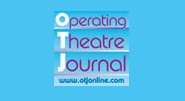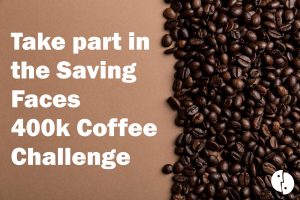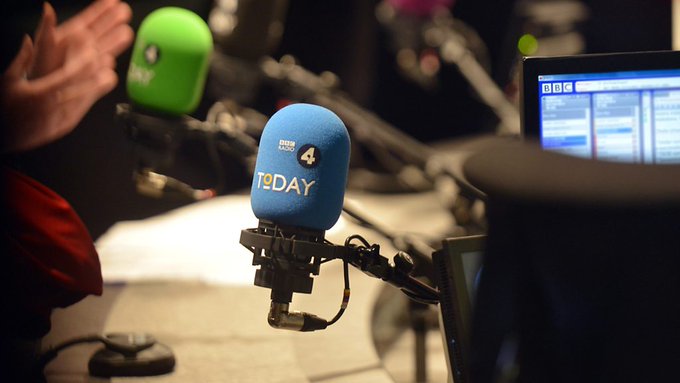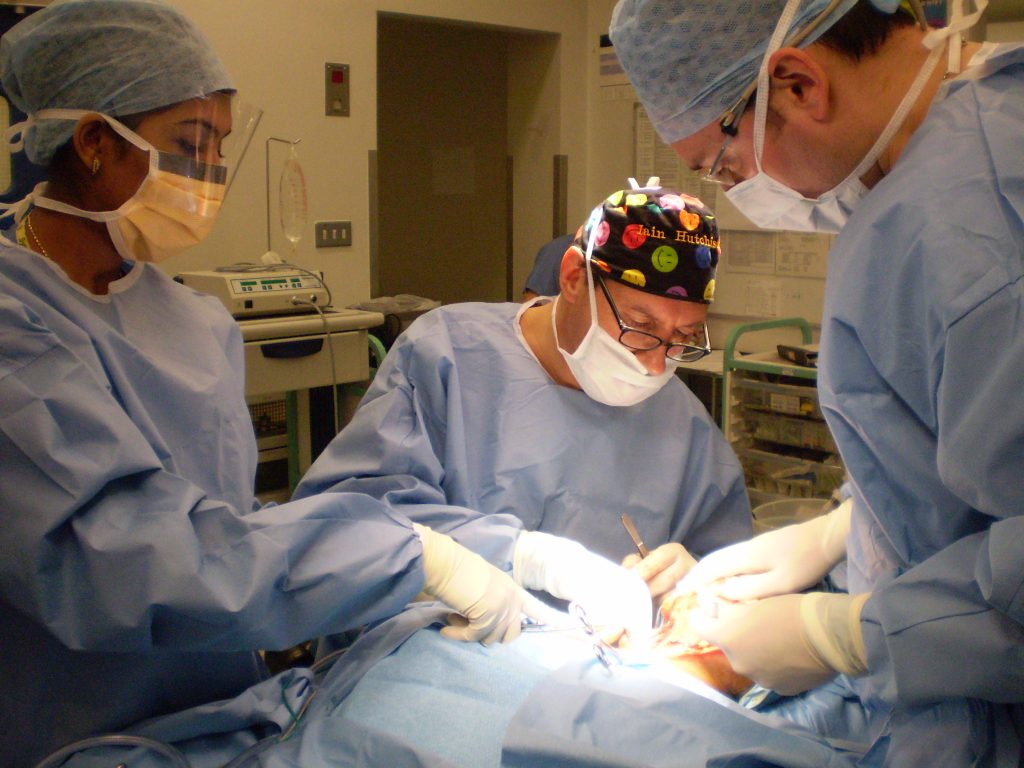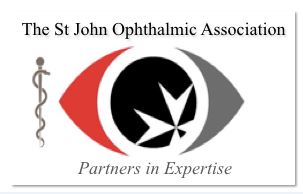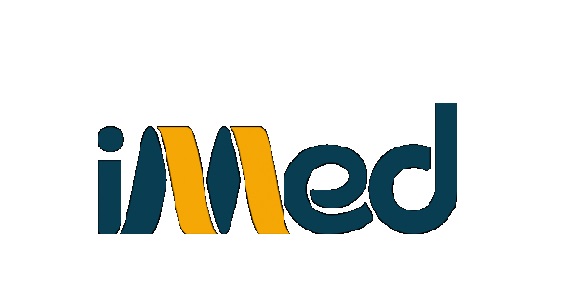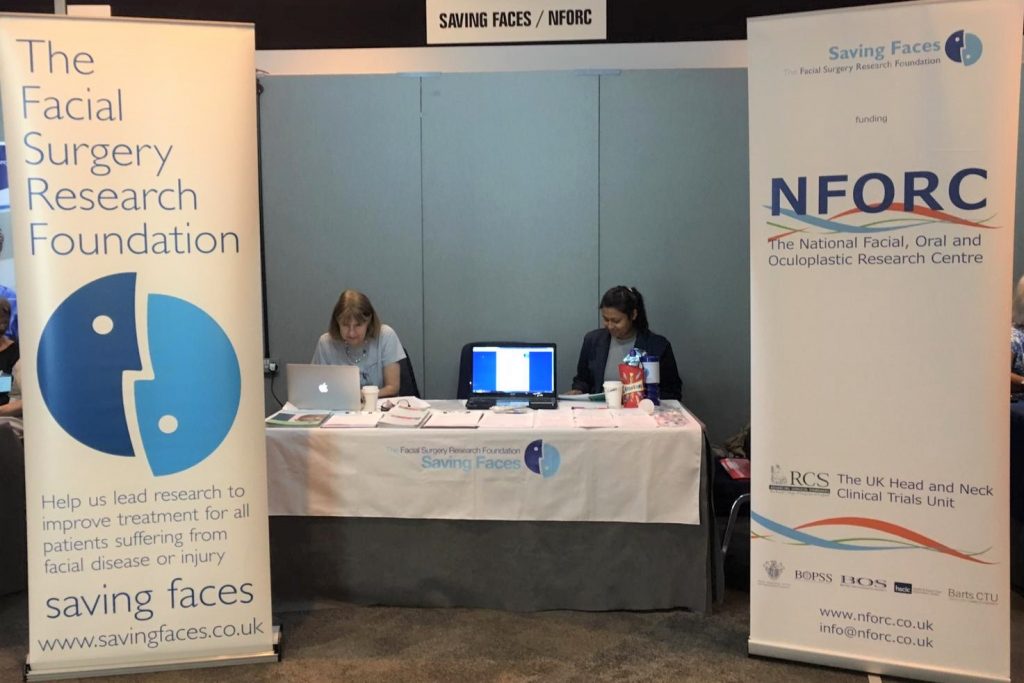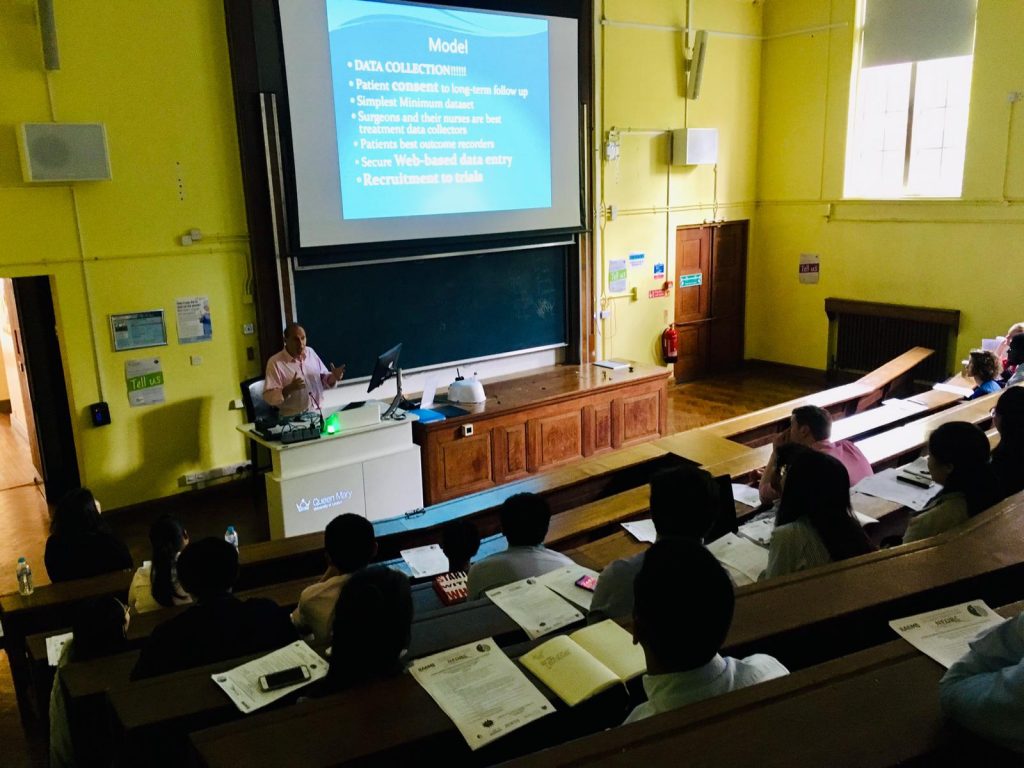My internship
by Rita Pereira Neto
I had my first contact with Saving Faces at the iMed Conference, a medical conference organised exclusively by medical students at Nova Medical School, where I am also a student. As part of this conference, a Research Challenge was organised and one of the prizes was a 2-week internship with Saving Faces. I was so excited when it was announced I would be going to London to work with Saving Faces.
It needs to be said that this internship surpassed every expectation, which were already quite high. Not only did I learn a lot, I also grew as a person. I feel I am a more equipped medical student.
On the first week, I had the opportunity to go to the Royal London Hospital. At the Trauma Clinic, I was fortunate to see how Maxillo-Facial Surgeons treat their patients. It was very interesting to see patients who just had their accidents the day before and comparing them with patients who were almost fully healed. I had also the opportunity to go to theatre, where I watched cutting-edge surgeries which I would not necessarily have seen during my Medical degree back at my University. The time spent at the hospital allowed me to prepare for my Maxillo-Facial rotation next semester.
For the remaining time, I stayed at the Saving Faces’ offices. Even though some might consider research a “boring subject”, it never ceases to amaze me how research actually can change the way medicine is practiced.
I did some literature reviews for the on-going projects at Saving Faces. That made me feel more confident about writing medical papers on my future work at University. It was surprising to realise that something as simple as a literature review has a right way and a wrong way to be done. There are also some tricks that can be used, and I am thankful that Saving Faces helped me discover some of them.
Furthermore, I was given the opportunity to perform other different tasks (which I was more than happy to do them as I felt that for those two-weeks I was part of the Saving Faces’ workforce) namely, writing some texts to be uploaded to the Saving Faces’ website and developing a campaign poster regarding a Saving Faces’ helpline. Those tasks took me out of my comfort zone and made me develop new skills.
However, the moments where I learned the most, without a doubt, were the round table discussions. In there, everything was discussed from the daily workings of a charity to the writing of papers and funding proposals, passing through some history lessons. The fully consequences of these brainstorming discussions will never be forgotten and for now, I will just say that I am a much open-minded student with a much broader knowledge regarding Clinical Research.
I must thank everyone that so patiently answered all my never-ending questions regarding clinical trials. One thing that immediately comes to my mind when I look back at this internship is how everyone was ready to help in any way they could.
I would like to especially acknowledge Professor Iain Hutchison for giving me this opportunity, for mentoring me, being a role model and for always encouraging me to ask questions.
To Fran Ridout and Sharon Cheung for teaching me all the ins and outs of clinical research and paper publication.
To Tuyet Le and Hannah John for organising my internship so well and to my colleagues Ping San and Imon Pal that guided me throughout my time at Saving Faces.
This internship will have a tremendous positive impact on the way I will practice medicine. I know I will be a better doctor because of it. Thank you all.
Rita Pereira Neto, Medical Student
Related articles:
 Click here to read the full November 2019 issue of The Operating Theatre Journal.
Click here to read the full November 2019 issue of The Operating Theatre Journal.
